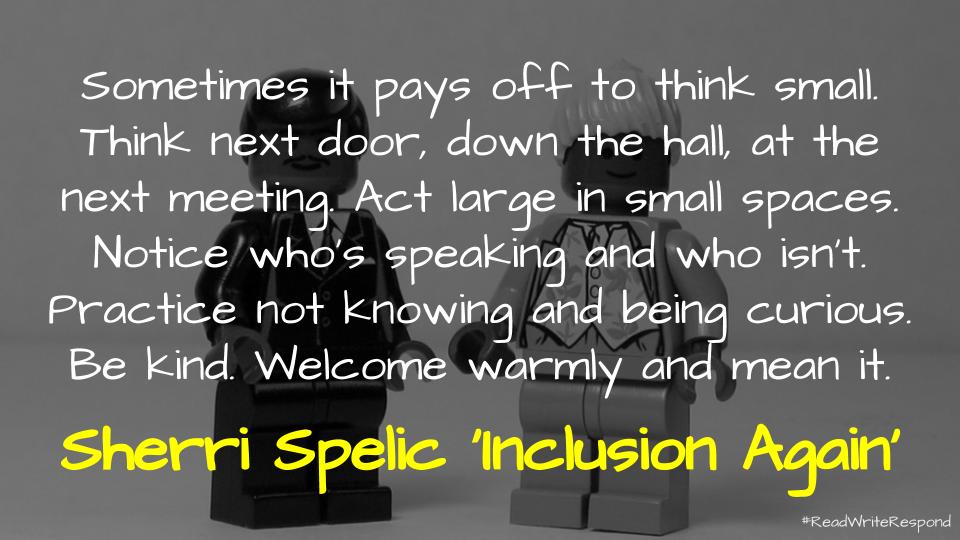I still find Twitter useful but I have to be more careful on it now, especially so I don’t get mired in some toxic thread. Being able to read the threads (comments) of people you do not follow is a feature that only produces more outrage, but that is what engages people and sells advertising.
I submitted my response to Greg McVerry’s questions on Flipgrid:
- Where do you get your Open Pedagopy Fix?
- How do you define-co-learning?
- How does co-learning occur in your space?
I just felt that it was a little short, therefore decided to add a longer response here:

